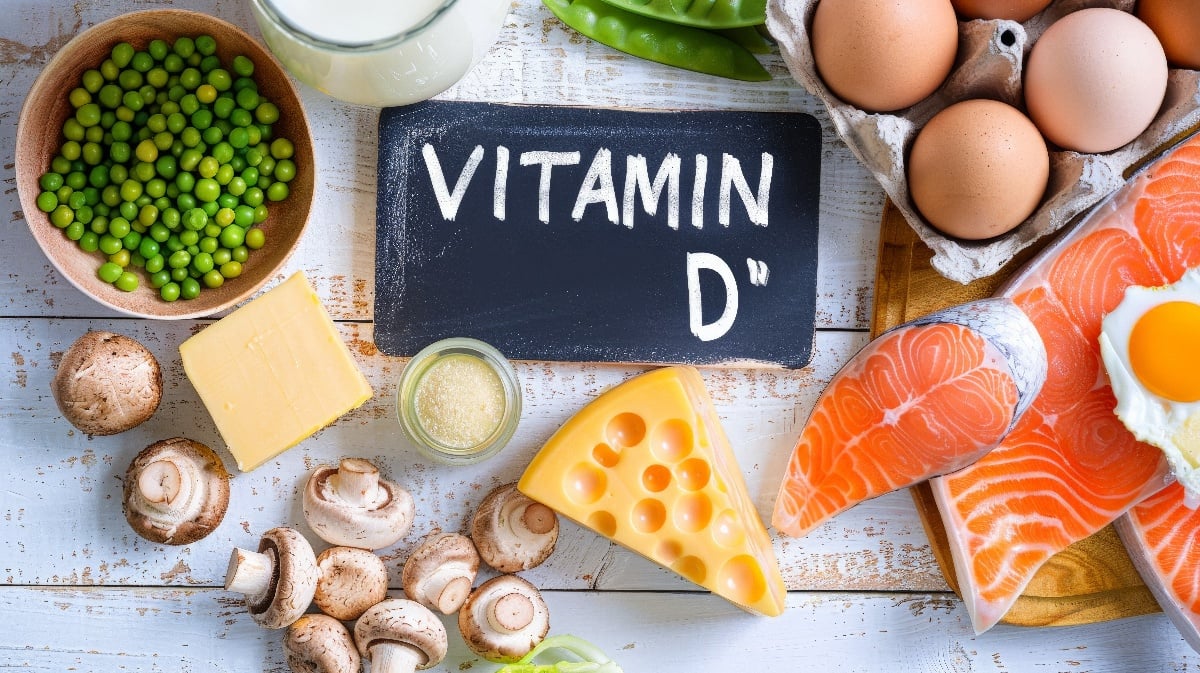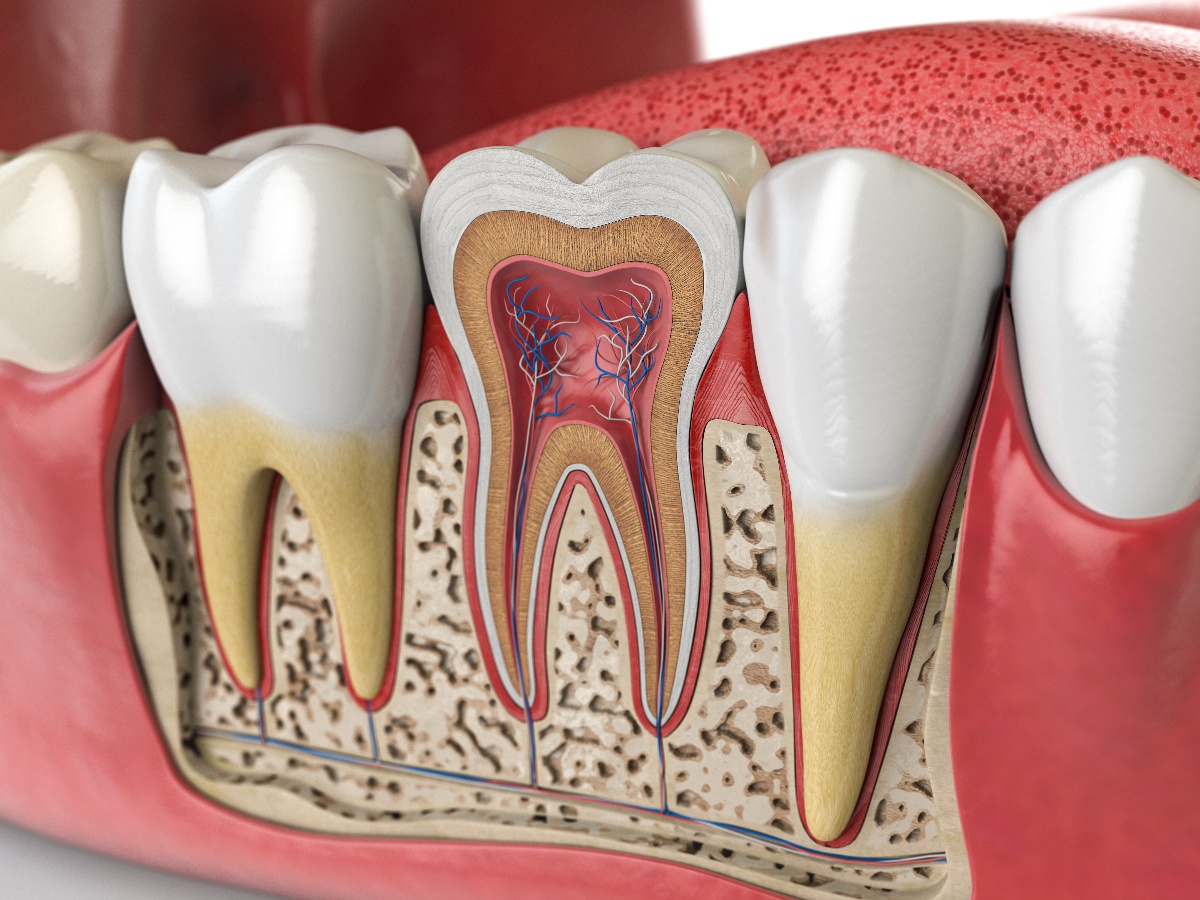When you think about maintaining a bright, healthy smile, you’re likely considering how to keep your teeth white, your gums pink, and your mouth inflammation-free. But behind the scenes, a watery, invisible element is making all of this possible: your saliva. Although often overlooked, your saliva helps protect your teeth and gums from a host of daily threats. In addition to its crucial role in smile maintenance, healthy saliva also contributes to your overall well-being to help keep you healthy and disease-free.
What is Saliva?
Your saliva is a clear liquid produced by several glands in your mouth.
It is about 99% water, but it is far from a simple liquid. The remaining 1% is an essential mixture of essential components, including:
- Electrolytes: Sodium, potassium, calcium, magnesium, bicarbonate, and phosphates help to maintain the pH balance of your mouth and repair damaged teeth.
- Enzymes: Digestion begins in the mouth with chewing and the action of special enzymes. Some of these help break down foods, while others help prevent the growth of harmful bacteria.
- Mucus: Large proteins, known as mucins, help form a mucous barrier that lubricates and protects the soft tissues in your mouth.
- Antimicrobial compounds: Your saliva is a natural defense system! It contains immunoglobulins or antibodies like IgA that help to neutralize bacteria and viruses. This provides an important first line of defense against oral infections.
- Minerals: Your saliva contains calcium and phosphate, minerals that are critical for building and maintaining healthy teeth.
Where Does Saliva Come From?
You produce about one liter of saliva each day. It is produced and secreted by three main pairs of salivary glands located in and around your mouth.
1. Parotid glands
- The parotid glands are the largest salivary glands. They are located on the sides of your face, just in front of your ears. Once stimulated, these produce the highest volume of saliva.
- They produce a watery, serous secretion that is rich in the enzymes that help begin the digestion of carbohydrates.
- The parotid glands are responsible for producing approximately 25% of the total saliva volume.
- Saliva from the parotid glands enters the mouth through Stensen's ducts, tiny openings found near your upper second molars.
2. Submandibular glands
- The submandibular glands are the second-largest salivary glands and are located under your lower jaw on either side of your face.
- They produce a mixture of serous and mucous secretions, which contribute to the watery and more viscous components of saliva.
- The submandibular glands account for around 70% of the total saliva volume.
- Saliva from these glands enters the mouth through Wharton's ducts, located under your tongue.
3. Sublingual glands
- The sublingual glands beneath your tongue are the smallest of the three main pairs of salivary glands.
- They primarily produce a viscous, mucous secretion that helps lubricate your mouth. The saliva produced here helps to protect your teeth and gums from the damaging effects of bacteria and acidic foods.
- The sublingual glands are responsible for approximately 5% of your total saliva volume.
- Saliva from these glands enters your mouth through numerous small ducts that open under your tongue.
In addition to these major salivary glands, there are hundreds of minor salivary glands scattered throughout your mouth. These are found in your lips, cheeks, palate, and tongue. These minor glands contribute to the overall volume of saliva, although to a lesser extent than the major glands.
How Does Saliva Function in Oral Health?
Saliva plays several critical roles in helping you maintain optimal oral health. It has a diversity of functions that are essential for both daily oral hygiene and long-term dental health. Its functions include:
- Lubrication and Protection: Saliva acts as a natural moisturizer, keeping your mouth, throat, and lips hydrated. This lubrication is crucial for comfortable speaking and swallowing. It also forms a protective coating on teeth and gums, which helps prevent irritation from foods and other substances.
- Disease Prevention
- Saliva helps to wash away food particles and debris from the teeth and gums, reducing the risk of plaque buildup.
- It neutralizes harmful acids produced by bacteria in your mouth, which can erode tooth enamel and lead to cavities.
- Saliva contains antimicrobial agents that kill bacteria and protect against oral infections.
- Tooth Remineralization
- Saliva is supersaturated with calcium, phosphate, and fluoride ions, which are critical for remineralizing tooth enamel after it has been damaged by acids.
- This ongoing process of demineralization and remineralization is vital for maintaining strong and healthy teeth.
- Digestive Preparation
- Enzymes in your saliva, particularly amylase, begin the digestion of starches in your mouth, converting them into simpler sugars, ready for digestion.
- This not only aids in digestion but also enhances flavors, making food more enjoyable.
Factors That Affect Saliva Production
Saliva production is not constant; it varies throughout the day and can be influenced by a variety of factors. Understanding these can help you manage your oral health more effectively by identifying and modifying habits or conditions that might impair your salivary flow. Some of the important factors that can affect saliva production include:
- Hydration: Dehydration is one of the most common causes of reduced saliva production. Adequate fluid intake is essential to maintain normal salivary flow and ensure your mouth stays moist and healthy.
- Diet: Certain foods and beverages can influence saliva production. For instance, sour and bitter foods typically increase salivary flow, while dry foods might decrease it. High sugar consumption can also affect the quality of your saliva, making it less effective in protecting against tooth decay.
- Medications: Many medications, including antihistamines, antidepressants, and antihypertensives, can reduce saliva production as a side effect. This condition is known as drug-induced xerostomia.
- Health Conditions: Several health issues can impact salivary glands. Diseases such as Sjögren’s Syndrome and diabetes can lead to a decrease in saliva production. Infections or inflammations of the salivary glands, such as mumps or salivary gland stones, can also impair their function.
- Lifestyle Choices: Smoking and frequent alcohol consumption have severely negative effects on saliva production. Both can lead to a drier mouth, increasing the risk of oral health problems.
- Age: Saliva production tends to decrease naturally with age, which can contribute to the higher incidence of dental decay and oral infections among older adults.
Maintaining Healthy Saliva
Healthy saliva is crucial for your oral hygiene and overall digestive health. There are several practical steps you can take to maintain or improve the quality and quantity of your saliva:
- Stay well-hydrated by drinking plenty of water throughout the day.
- Chew sugar-free gum or suck on sugar-free hard candies to stimulate saliva flow.
- Discuss medication side effects with your healthcare provider and explore alternative options.
- Use saliva substitutes or moisturizing mouthwashes as recommended by your dentist if needed.
- Maintain good oral hygiene habits, including brushing, flossing, and regular dental check-ups.
- Avoid tobacco and alcohol consumption, both of which contribute to dry mouth.
- Manage underlying health conditions that may impact saliva production.
- Incorporate saliva-stimulating foods into your diet, such as fibrous fruits and vegetables.
The Effects of Dry Mouth
Dry mouth, or xerostomia, occurs when the salivary glands do not produce enough saliva. This condition can have various uncomfortable and potentially harmful effects on oral health, including:
- Increased risk of dental decay
- Oral infections
- Difficulty eating and speaking
- Impaired taste
- Gum disease
Schedule an Appointment
To learn more about dry mouth and maintaining healthy saliva, call us or contact us online.





